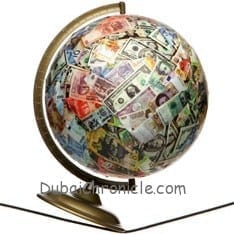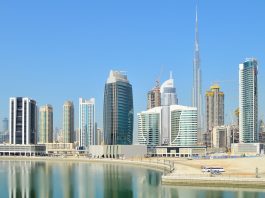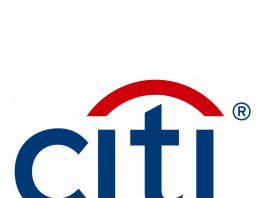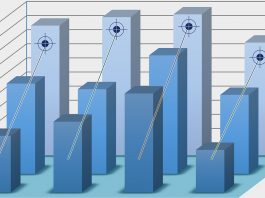
China’s economy will likely grow at its slowest pace in years in 2014, as it continues to transition to a more balanced growth model, a leading forecaster said.
Despite the deceleration in China, the world economy will likely still rebound modestly next year, mainly due to the recovery in mature economies like Europe and the U.S., according to the Conference Board.
In its Global Economic Outlook, released Tuesday, the Conference Board projects that China’s growth rate will slow to 7% in 2014, compared with 7.5% in 2013. That would mark China’s slowest rate of economic expansion in more than a decade, based on data which includes official government estimates.
This deceleration will also drag down developing economies’ pace of growth, which is expected to slow to 4.6% in 2014, from 4.7% in 2013, according to the report.
As economies like China, India and Brazil work to transition to more balanced growth models, “the structural “speed limits” of their economies are likely to decline,” the Board’s economists said.
Despite the less rapid economic expansion in the world’s second-largest economy, global economic growth should still accelerate slightly in 2014.
The Conference Board projects that world economic growth will pick up to 3.1% in 2014 from a “disappointing” annual growth rate of 2.8% in 2013. A sharp uptick in economic activity in the euro zone is the main factor behind the improved global outlook for next year, as the region appears to be emerging out of the recession that plagued it for much of the past two years, the Conference Board said. It expects the euro-zone economy to grow 0.8% in 2014, after contracting 0.3% in 2013, according to the report.
The U.S. is the second-largest contributor to the global economy’s expected modest rebound in 2014. The Board projects the world’s largest economy will post an annual growth rate of 2.3% in 2014, compared with 1.6% in 2013.
But in both Europe and the U.S., improvements in government policy will be critical to achieve or outperform these projected growth levels, the Board’s economists said. They cited the U.S. government shutdown, along with the recession in Europe, as key factors in the slower-than-expected increase in the global growth rate in 2013.
“The U.S. has great potential for private sector-driven growth, but political brinkmanship repeatedly impedes progress,” said Bart van Ark, chief economist of the Conference Board.
The Conference Board, a not-for-profit economic-research group, produces a number of economic indicators, including a monthly index of consumer confidence.












